Breast cancer: unveiled the role of immature immune cells and a new vulnerability
Institutional Communication Service
The Cancer Immunotherapy research group, led by Prof. Arianna Calcinotto at the Institute of Oncology Research (IOR, affiliated to USI and member of Bios+), has recently published a paper on the identification of a novel immune–tumor interaction that impairs DNA repair and creates a new opportunity for targeted therapy in ER+ breast cancers.
A groundbreaking study published today in Nature Communications reveals how a specific subset of tumor-associated immune cells—neutrophil precursors—can accelerate breast cancer progression by impairing DNA repair mechanisms in cancer cells. The findings not only shed light on a new mechanism driving tumor aggressiveness but also uncover a therapeutic vulnerability that can be exploited with existing drugs.
The study, titled “Tumor-associated neutrophil precursors impair homologous DNA repair and promote sensitivity to PARP inhibition,” identifies a population of immune cells called PreNeu (tumor-associated neutrophil precursors) that accumulate in high-risk, estrogen receptor-positive (ER+) breast cancers.
These PreNeu were found to secrete succinate, a metabolite that disrupts homologous recombination (HR)—a critical DNA repair pathway. As a result, cancer cells become increasingly reliant on error-prone repair mechanisms, driving genomic instability and fueling the emergence of more aggressive tumor clones.
“Understanding how the immune microenvironment contributes to tumor evolution is a major step forward,” said Prof. Arianna Calcinotto, senior author of the study. “Our research shows that these neutrophil precursors not only promote cancer progression but also create a weakness we can target therapeutically.”
Importantly, the researchers demonstrate that PARP inhibitors, a class of drugs already approved for use in BRCA-mutated cancers, can counteract the tumor-promoting effects of PreNeu. In both laboratory models and patient data, PARP inhibition restored tumor cell sensitivity and synergized with endocrine therapy.
This study highlights the potential for immune–metabolic interactions to serve as both predictive markers and therapeutic targets in breast cancer. It opens the door to new combination strategies, particularly for patients with hormone receptor-positive breast cancers that currently have limited treatment options once they become resistant to endocrine therapy.
“This was an extraordinary team effort,” continues Prof. Calcinotto. “We are proud to contribute to a deeper understanding of tumor biology and to provide a rationale for new, more effective treatment strategies.”
Publication link: https://www.nature.com/articles/s41467-025-61422-9




